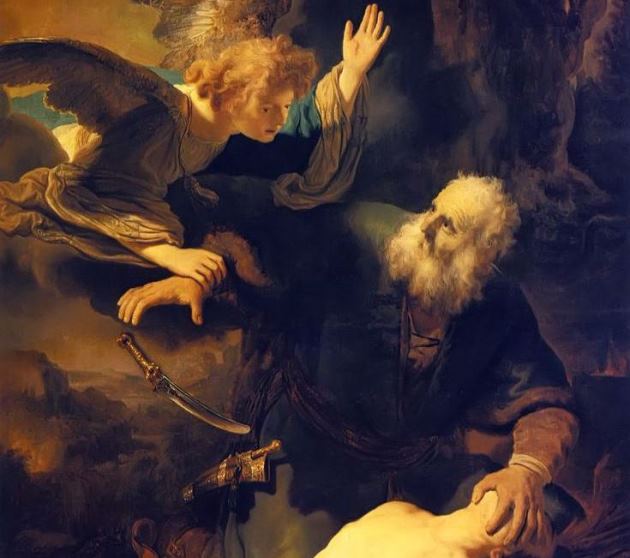
The great merit of Abraham’s trial of the Akeidah — the Binding of Isaac — is mentioned repeatedly in our prayers. It is a theme of central importance to Judaism. Yet one could ask a simple question: What is so profound, so amazing about the Akeidah? After all, it was common among certain pagan cults to sacrifice children (such as the idolatry of Molech). In what way did Abraham show greater love and self-sacrifice than the idol-worshippers of his time?
Monotheism on Trial
Rav Kook addressed this issue in a letter penned in 1911. The absolute submission that idolatry demanded — and received — was not just a result of primitive mankind’s fearful attempts to appease the capricious gods of nature. Even the most abject paganism reflects the truth of the soul’s deep yearnings for closeness to God. Even the most abase idolatry contains profound awareness that the Divine is more important than anything else in life.
With the introduction of Abraham’s refined monotheism in the world, it was necessary to counter the objection of paganism: can the Torah’s abstract concept of God compete with the tangible reality of idols? Can monotheism produce the same raw vitality, the same passionate devotion, as paganism? Or is it merely a cold, cerebral religion — theologically correct, but tepid and uninspiring?
Through the test of the Akeidah, Abraham demonstrated to the world that, despite the intellectual refinement of his teachings, his approach lacked none of the religious fervor and boundless devotion to be found in the wildest of pagan rites. His refined Torah could match idolatry’s passion and fire without relying on primitive imagery and barbaric practices.
(Gold from the Land of Israel, pp. 49-50. Adapted from Igrot HaRe’iyah vol. II, p. 43)
Illustration image: The Sacrifice of Isaac. Rembrandt, 1635